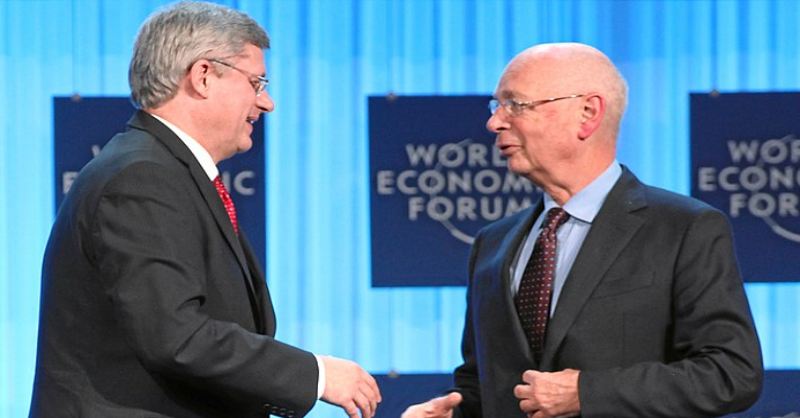
GRANT JOHNSON
Don't Expect Much From Poilievre's Conservatives
Conservative think they have the next election in the bag, but they don't realize the odds are stacked against them.


GRANT JOHNSON
Conservative think they have the next election in the bag, but they don't realize the odds are stacked against them.

RYAN TYLER
The plan has been in place for decades and it's finally starting to work, but not in the ways you might think.

DEVON KASH
The company has done much worse than reject basic biology and science.

RYAN TYLER
After ten years of Stephen Harper, Canada is more insane and progressive than ever before.

ALLAN RAY
Paul Rouleau's decision will have rippling effects into the future.

NICK EDWARD
They often criticize their successor generations, but they may need to look in a mirror.

NICK EDWARD
More retail stores are closing, while online competitors make shopping more convenient.

JOHN MILLER
This book by Joe Haldeman is highly relevant and worth the time.